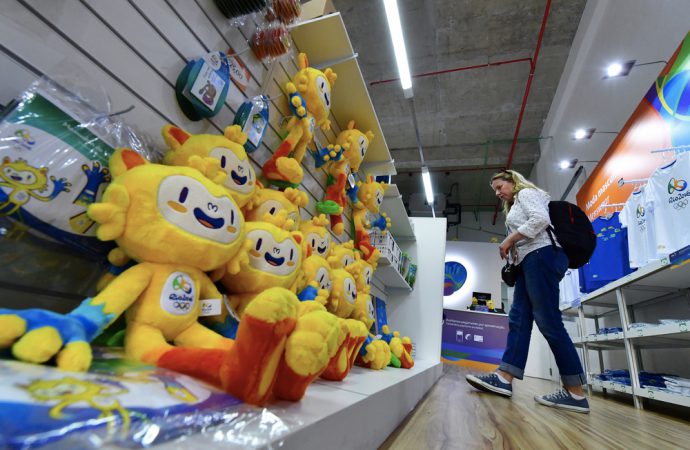New guide says that linking the development of a sustainable sourcing code to global issues can persuade senior management to get on board
Sports industry professionals trying to establish a formal process for sourcing products and services more sustainably should convince senior management to get on board by presenting it as a “leadership opportunity”.
According to the International Olympic Committee’s newly-published Sustainable Sourcing in Sport Guide, linking the development of a sustainable sourcing code or strategy to key themes and trends happening globally or nationally – such as the movement against ocean plastic – can be an effective way to engage decision makers.
Securing commitment from top management, says the guide, is crucial for International Federations, National Olympic Committees and other sports organisations to “develop and implement a new approach” to procurement.
“Whether you are an established organisation with existing suppliers and partners, or starting out as an event organising committee, putting in place sustainable sourcing policies and processes will require acceptance of new ways of working and a determination to follow through,” says the guide. “This cannot happen without the full and engaged support of top management.”
To get top management involved in dialogue “as soon as possible”, and to make sustainable sourcing a part of a sports body’s core organisational strategy, the IOC has made a number of recommendations. Inviting sustainability sponsors or advocates to demonstrate the benefits through their own experience, or presenting facts and figures related to commercial opportunities like cost savings and increased sponsorship or revenue-generating opportunities, were put forward.
Indeed, the guide stresses the “business case” for sourcing products sustainably despite a perception that it will “cost too much”.
While the initial outlay for sustainable goods can be more expensive, it continues, the “whole life costs” often make them cheaper in the long run. That’s not taking into account the “improved efficiency”, reduced reputational risk, and the potential to attract additional sponsorship by positioning the organisation as a sustainable brand.
As well as providing tips on securing a commitment to action, the guide also offers sports organisations practical advice around developing a sustainable sourcing strategy, setting priorities, managing the situation and communicating internally and externally.
Additionally, the IOC has produced an Olympic Games Guide on Sustainable Sourcing to help OCOGs meet sustainability requirements laid out in both the IOC’s overarching Agenda 2020 vision and its wide-ranging sustainability strategy, as well as its recently-published Supplier Code.
New Host City contacts drafted by the IOC (effective from the 2026 Winter Olympic bidding process) have more stringent sustainability criteria around venue development, branding and procurement.
Sourcing food, uniforms, overlay works, branded merchandise, and even broadcasting rights and sponsorship, are covered in the guide.
Michelle Lemaitre, the IOC’s head of sustainability, said sustainable sourcing was “no longer an option” but an “essential part of the modern Olympic Games”.
“In today’s world, where everything is increasingly interconnected, integrating environmental, social and ethical considerations into the way we acquire good and services is becoming ever more critical,” she added.
“We hope that these new guides will help the Olympic Games organisers and the sports sector at large adopt a more consistent and sustainable approach to their sourcing decisions, and become an inspiration and a role model for others.”










Leave a Comment
Your email address will not be published. Required fields are marked with *